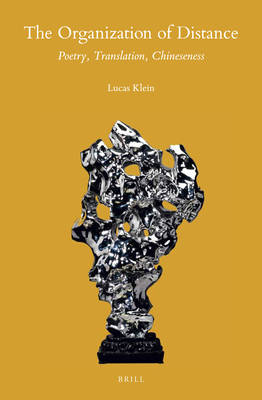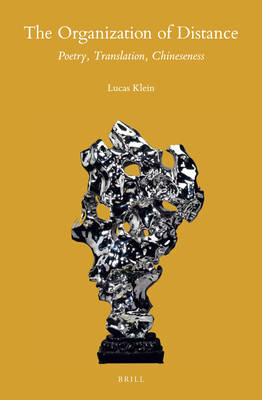
Je cadeautjes zeker op tijd in huis hebben voor de feestdagen? Kom langs in onze winkels en vind het perfecte geschenk!
- Afhalen na 1 uur in een winkel met voorraad
- Gratis thuislevering in België vanaf € 30
- Ruim aanbod met 7 miljoen producten
Je cadeautjes zeker op tijd in huis hebben voor de feestdagen? Kom langs in onze winkels en vind het perfecte geschenk!
- Afhalen na 1 uur in een winkel met voorraad
- Gratis thuislevering in België vanaf € 30
- Ruim aanbod met 7 miljoen producten
Zoeken
Omschrijving
What makes a Chinese poem "Chinese"? Some call modern Chinese poetry insufficiently Chinese, saying it is so influenced by foreign texts that it has lost the essence of Chinese culture as known in premodern poetry. Yet that argument overlooks how premodern regulated verse was itself created in imitation of foreign poetics. Looking at Bian Zhilin and Yang Lian in the twentieth century alongside medieval Chinese poets such as Wang Wei, Du Fu, and Li Shangyin, The Organization of Distance applies the notions of foreignization and nativization to Chinese poetry to argue that the impression of poetic Chineseness has long been a product of translation, from forces both abroad and in the past.
Specificaties
Betrokkenen
- Auteur(s):
- Uitgeverij:
Inhoud
- Aantal bladzijden:
- 310
- Taal:
- Engels
- Reeks:
- Reeksnummer:
- nr. 141
Eigenschappen
- Productcode (EAN):
- 9789004368682
- Verschijningsdatum:
- 19/07/2018
- Uitvoering:
- Hardcover
- Formaat:
- Genaaid
- Afmetingen:
- 160 mm x 236 mm
- Gewicht:
- 557 g

Alleen bij Standaard Boekhandel
+ 180 punten op je klantenkaart van Standaard Boekhandel
Beoordelingen
We publiceren alleen reviews die voldoen aan de voorwaarden voor reviews. Bekijk onze voorwaarden voor reviews.









